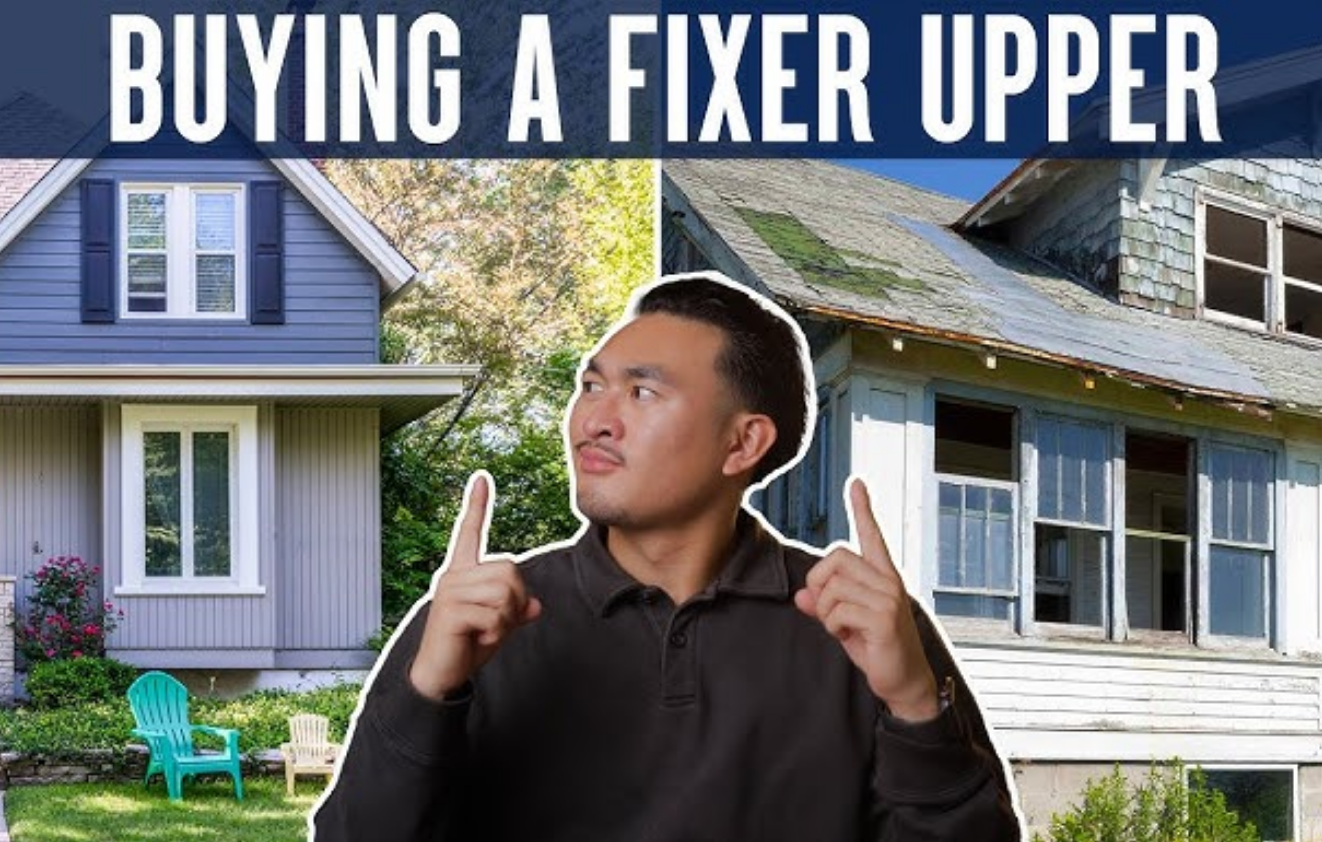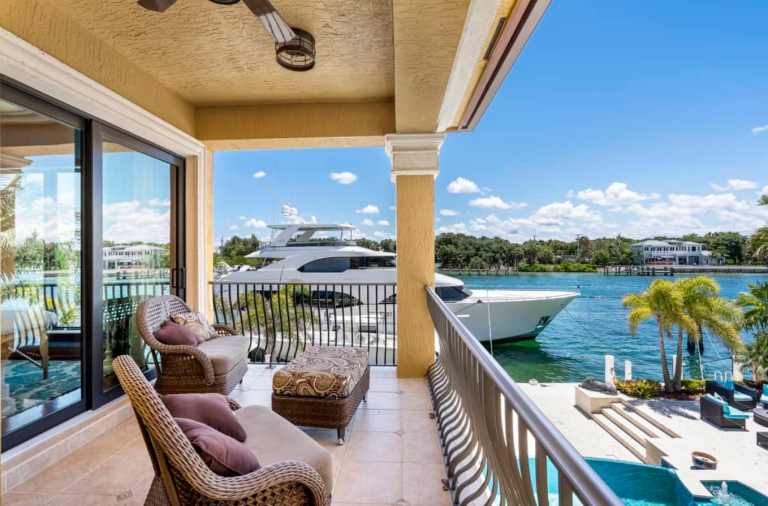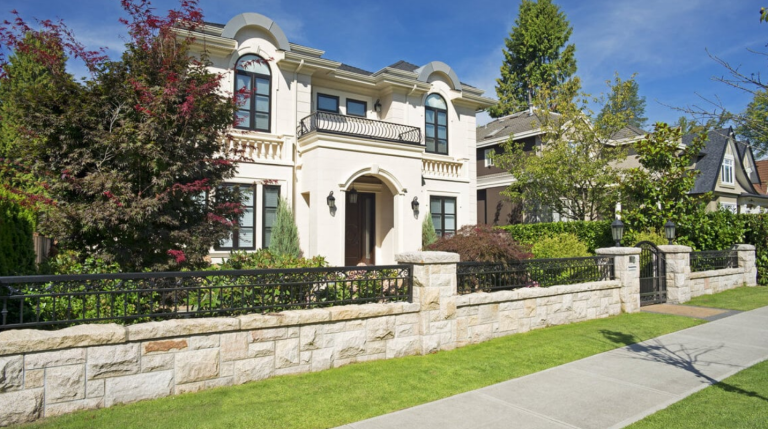Strategies for Purchasing Fixer-Upper Homes
Investing in fixer-upper homes offers a unique opportunity to secure properties at below-market prices, renovate them, and unlock significant value in Europe and America’s dynamic real estate markets. These homes, often in need of repairs or updates, appeal to buyers seeking affordable entry points or high-return investments through renovations. With the right strategies, purchasing a fixer-upper can lead to substantial financial rewards and personalized living spaces. This article provides a detailed guide on the informational, beneficial, and transactional aspects of buying fixer-upper homes, tailored for buyers in Europe and the USA, to help you navigate this rewarding process.
Informational Overview of Fixer-Upper Homes
Fixer-upper homes are properties that require repairs, renovations, or modernization, often sold at a discount due to their condition. They range from structurally sound homes needing cosmetic updates to distressed properties requiring extensive work. These homes are popular among first-time buyers, investors, and those looking to customize their living spaces.
Key Features of Fixer-Upper Homes
-
Affordability: Sold below market value due to needed repairs, making them accessible for budget-conscious buyers.
-
Renovation Potential: Upgrades like new kitchens or structural repairs can significantly increase property value.
-
Market Availability: Found in urban, suburban, and rural areas, often through auctions, foreclosures, or motivated sellers.
-
Risks: Unexpected repair costs or zoning issues require careful evaluation before purchase.
Real-World Examples of Fixer-Upper Markets
Below are three prominent markets for fixer-upper homes, with detailed insights:
-
Detroit, Michigan, USA
Detroit’s revitalizing neighborhoods, like Corktown, offer fixer-uppers starting at $50,000–$150,000, well below the $300,000 average for move-in-ready homes. These properties, often historic homes or lofts, require updates like plumbing or roofing but benefit from the city’s growing economy and cultural revival. Investors can renovate and rent for 8–10% yields, per Zillow data, or flip for profit.
Explore Detroit Fixer-Uppers -
Lisbon, Portugal
Lisbon’s older neighborhoods, such as Graça, feature fixer-upper apartments priced from €150,000–€400,000, compared to €600,000 for renovated units. These properties, often in historic buildings, need modernized interiors but offer proximity to the city center. Renovated units can yield 6–8% via Airbnb, per Idealista, making them ideal for investors.
Browse Lisbon Fixer-Uppers -
Manchester, UK
Manchester’s up-and-coming areas, like Ancoats, offer fixer-upper terraces and flats for £100,000–£250,000, significantly less than the £400,000 average for modern homes. With new infrastructure and businesses boosting demand, renovated properties can fetch 6–7% rental yields or strong resale profits, per Rightmove.
Discover Manchester Fixer-Uppers
These markets highlight the affordability and potential of fixer-uppers, offering opportunities for both personal use and investment.
Benefits of Purchasing Fixer-Upper Homes
Buying and renovating fixer-upper homes provides a range of financial and personal advantages, particularly for those willing to invest time and effort. Below, we explore these benefits in detail.
Financial Benefits
-
Below-Market Purchase Price: Fixer-uppers often sell at 20–40% below market value. For example, a $100,000 Detroit home requiring $50,000 in renovations can be worth $200,000 post-repair, per Zillow estimates.
-
High ROI Potential: Flipping renovated homes or renting them out can yield significant returns. A Lisbon fixer-upper renovated for €100,000 can generate €30,000 annually in rental income.
-
Tax Incentives: In the USA, renovation costs may qualify for deductions if the property is rented (consult a tax professional). In Europe, countries like Portugal offer tax breaks for restoring historic properties.
-
Equity Building: Renovations increase equity quickly, providing a buffer for future financing or sales.
Personalization and Lifestyle Benefits
-
Customization: Fixer-uppers allow buyers to design their dream home, from modern kitchens in Manchester flats to open-plan layouts in Detroit lofts.
-
Community Engagement: Renovating in revitalizing areas like Ancoats fosters connections with growing, vibrant communities.
-
Affordable Entry: First-time buyers can afford homes in desirable areas like Lisbon’s Graça, which would otherwise be out of reach.
Long-Term Value
-
Appreciation: Renovated fixer-uppers in up-and-coming markets like Detroit or Manchester appreciate 5–10% annually, per market data, outpacing standard properties.
-
Rental Demand: High demand in urbanizing areas ensures steady rental income, especially for short-term rentals via platforms like Airbnb.
-
Market Resilience: Renovated properties in stable or growing markets retain value, offering a hedge against economic fluctuations.
These benefits make fixer-uppers an attractive option for buyers seeking affordability, customization, and investment returns.
Transactional Details: How and Where to Buy Fixer-Upper Homes
Purchasing a fixer-upper requires strategic planning and thorough research to maximize value. Below, we outline the process, costs, and platforms to help you succeed.
How to Buy Fixer-Upper Homes
-
Identify Goals: Determine if the property is for personal use, flipping, or renting. This guides location and renovation budgets.
-
Research Markets: Focus on revitalizing areas like Detroit, Lisbon, or Manchester. Use platforms like Zillow or Rightmove for listings and price trends.
-
Inspect Properties: Hire professionals to assess structural issues, plumbing, or electrical systems to avoid costly surprises.
-
Budget for Renovations: Estimate repair costs (typically 10–30% of purchase price) and factor them into your offer.
-
Secure Financing: Explore renovation loans like FHA 203(k) in the USA or standard mortgages in Europe. Pre-approval strengthens offers.
-
Negotiate and Close: Work with a real estate agent to make competitive bids and ensure clear titles through legal support.
Where to Buy and Costs
-
Detroit, USA: Fixer-uppers range from $50,000–$150,000, with 20–30% down payments. Renovation costs average $20,000–$50,000, and property taxes are 2–3% of value.
View Detroit Fixer-Uppers -
Lisbon, Portugal: Properties cost €150,000–€400,000, with 10–20% down payments. Closing costs, including taxes, are 6–8%. Renovations range from €50,000–€100,000.
Explore Lisbon Fixer-Uppers -
Manchester, UK: Fixer-uppers start at £100,000–£250,000, with 15–25% down payments. Closing costs are 3–5%, and renovations cost £30,000–£80,000.
Browse Manchester Fixer-Uppers
Costs to Consider
-
Purchase Price: Typically 20–40% below market value, depending on condition.
-
Renovation Costs: Budget 10–30% of the purchase price for repairs, with higher-end finishes increasing costs.
-
Closing Costs: 3–8% of the purchase price, covering taxes, legal fees, and title transfers.
-
Ongoing Costs: Property taxes (1–3%), insurance, and potential HOA fees for condos.
Use Cases and Problem-Solving
Fixer-upper homes address various buyer needs, solving financial and lifestyle challenges:
First-Time Homebuyers
-
Problem: High home prices in desirable areas like Manchester or Lisbon.
-
Solution: A £150,000 fixer-upper in Ancoats, renovated for £50,000, becomes a £300,000 home, affordable compared to £400,000 move-in-ready properties.
-
Why It Matters: Enables homeownership in prime locations with customization potential.
Investors Seeking Profits
-
Problem: Limited high-ROI opportunities in saturated markets.
-
Solution: A $100,000 Detroit fixer-upper, renovated for $40,000, sells for $200,000 or rents for $1,200/month, yielding 8% annually.
-
Why It Matters: Offers strong returns through flipping or rentals.
Creative Buyers
-
Problem: Desire for a personalized home without premium prices.
-
Solution: A €200,000 Lisbon apartment renovated with modern finishes becomes a dream home worth €350,000, tailored to personal style.
-
Why It Matters: Combines affordability with creative control.
These use cases demonstrate how fixer-uppers solve affordability, investment, and personalization challenges.
FAQs About Purchasing Fixer-Upper Homes
-
What defines a fixer-upper home?
A fixer-upper requires repairs or updates, ranging from cosmetic (paint, flooring) to structural (roof, plumbing), sold at a discount due to condition. -
How do I find fixer-upper homes?
Search platforms like Zillow, Idealista, or Rightmove, or explore auctions and foreclosures for distressed properties in markets like Detroit or Lisbon. -
What are the risks of buying a fixer-upper?
Risks include underestimated repair costs or hidden issues. Mitigate by hiring inspectors and budgeting 20–30% above estimated renovations. -
Can I finance renovations with the purchase?
Yes, loans like the FHA 203(k) in the USA or renovation mortgages in Europe cover both purchase and repair costs. -
How long does it take to renovate a fixer-upper?
Renovations take 3–12 months, depending on scope. Cosmetic updates are quicker, while structural repairs require more time and permits.
Conclusion
Purchasing fixer-upper homes in Europe and America offers a strategic path to affordable homeownership and high-return investments. By targeting markets like Detroit, Lisbon, and Manchester, and leveraging platforms like Zillow, Idealista, and Rightmove, buyers can secure properties at a discount, renovate them, and unlock significant value. With careful planning, thorough inspections, and smart financing, fixer-uppers provide a unique opportunity to customize homes or build wealth. Start exploring fixer-upper listings today to turn undervalued properties into dream homes or profitable investments.






